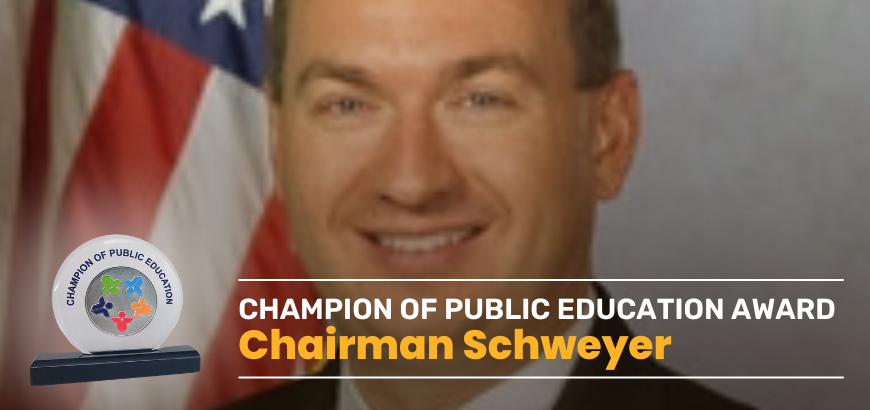Between 2018 and 2019, Pennsylvania school districts spent over $2 billion in taxpayer money on mandatory payments to brick-and-mortar and cyber charter schools. The school boards from over 300 school districts across Pennsylvania have now adopted resolutions calling for the General Assembly to enact significant charter funding reform. This represents a majority of all school districts in the commonwealth.
The current charter school funding formula was established in 1997 under the state’s Charter School Law and has not been changed in the 23 years since it was first created. Because the tuition rate calculations are based on the school district’s expenses, they create wide discrepancies in the amount of tuition paid by different districts for the same charter school education and result in drastic overpayments to charter schools. These discrepancies in tuition rates for regular education students can vary by almost $13,000 for regular education students and by $39,000 for special education students. More details here.
The costs of charter schools for school districts continue to grow significantly each year with charter tuition paid by school districts up 229% over the last 11 years. On a statewide basis, charter school tuition payments are now the most identified source of pressure on school district budgets. The latest data from the PA Department of Education (PDE) shows that in 2018-19, total charter school tuition payments (cyber and brick-and-mortar) were more than $2.0 billion, with $606 million of that total paid by districts for tuition to cyber charter schools.
“At a time when school districts across Pennsylvania are struggling to keep students healthy and facing over $1 billion in local revenue shortfalls, school boards need to ensure that every taxpayer dollar is spent correctly. We know that districts overpay for the tuition of charter schools, and we must address the law that forces schools to make a payment that they know is not accurate,” said Nathan Mains, CEO of the Pennsylvania School Boards Association.
Now more than ever, there is a growing momentum from school officials across the state to call for charter school funding reform. School districts are struggling to keep up with growing charter costs and are forced to raise taxes and cut staffing, programs and services for their own students in order to pay exorbitant charter school costs.
The more than 300 school boards who have signed this resolution call upon the General Assembly to meaningfully revise the existing flawed charter school funding systems for regular and special education to ensure that school districts and taxpayers are no longer overpaying these schools or reimbursing for costs the charter schools do not incur. The details of the school boards’ resolutions can be found here.







